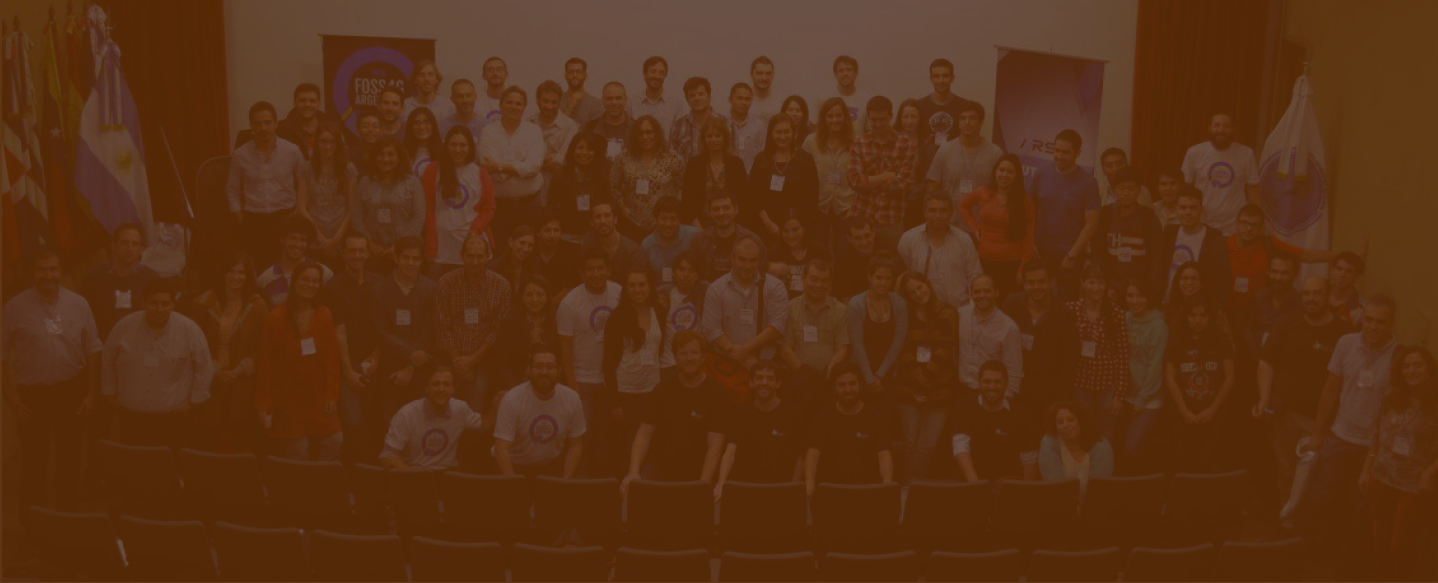Nicera Wanjiru
Nicera is woman living in the slums working towards changing communities through mapping and data by creating a network of mappers in different communities
Sessions
Covid-19 hit us hard especially us in the informal settlements. We lost our jobs, Our Partners also lost their jobs our business were shrinking. As a result of this, some ended in Crime, some were killed by mob Justice, some by a bullet. When all this was happening there was Movement Sensation, Lockdown and curfews making it a safe haven for criminals. Through the help of FOSS4G networks Community mappers were able to conduct a door to door survey through standard walk methodology skipping every 10 houses this was done in a middle of the Covid-19 pandemic in year 2020. The data collection was done through the ODK App.
In this survey we also came to realize that young women were getting into crime so as to feed for their young ones.
The major crime cause was unemployment which was at 73.5% this was due to movement sensation the curfew most companies were shutting down and employees had to go home with no pay this prompted the young people to look into other ways of survival that is crime. The survey also expounded on Safety Findings, and crime mitigation strategies during covid -19.
With the findings we were able to create conversation from grass root level with community stake holders up to sub county level.
All this was possible because of the FOSS4G network and with the help of our technical team we were able to come up with physical maps to present to County.
When COVID was reported in Kenya, many organizations retreated from field surveys in informal settlements and embraced online data collection for fear of COVID in slums. They overlooked the community – eager for work and skilled in data collection - who could have collected that data. Online surveys missed target populations and inaccurately depicted what was happening.
COVID-19 hit hard in informal settlements. We lost our jobs and businesses shrank. For most families eating was a problem, let alone affording phone credit to answer an online survey. People in dire need did not have phones or sometimes electricity. Almost immediately, crime increased, mob justice increased, and several people were killed. For these reasons, our communities were not well represented in the data reported during COVID.
As a community-based data collector, I knew this wasn’t right. Here were big NGOs, many employing educated Westerners, protecting themselves at our expense in the name of poverty alleviation and justice. How could they not see the irony, and even hypocrisy? As lockdowns and curfews were announced, I wondered why none of the organizations that had trained and hired me as a data collector over the last decade had contacted me. Community-based data collectors were ideally placed to collect information about the rapidly changing situation in informal settlements.
COVID was my catalyst to form Community Mappers in early 2020, a community-based data collection organization. We identify community data priorities, train and hire community data collectors, and conduct household surveys, focus group discussions, and collect other types of data. We reach out to Kenyan and Western colleagues for specific support when we need it, and are working to grow our own capacities.

